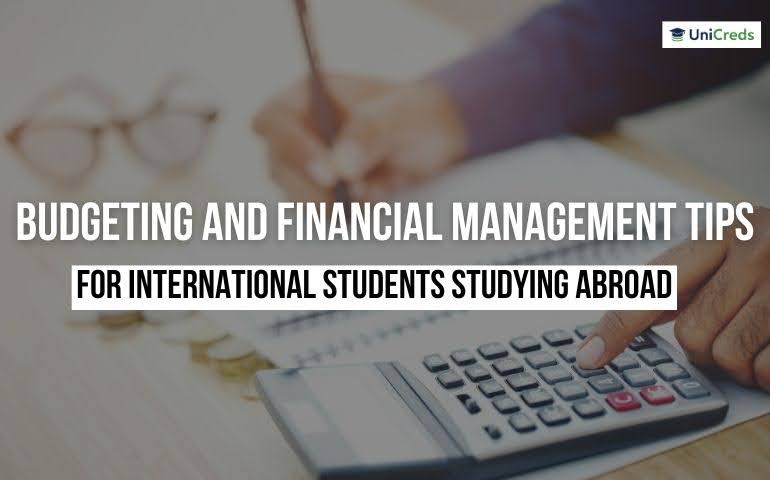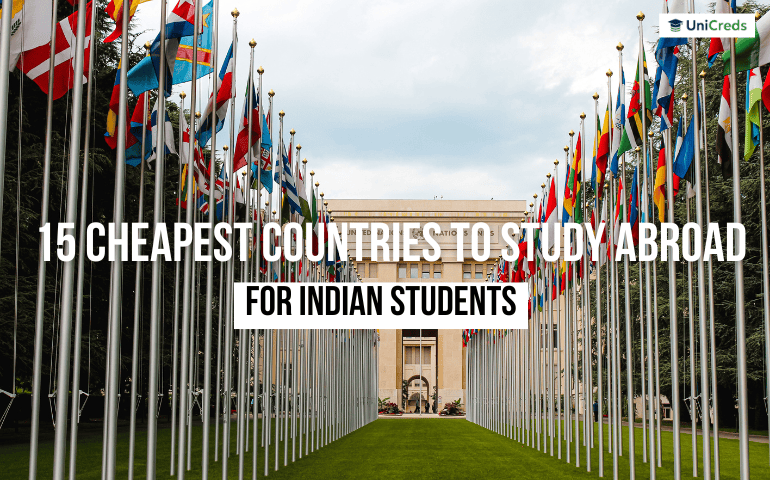Studying abroad is an exciting opportunity that opens doors to world-class education, cultural experiences, and personal growth. However, the financial aspect of studying in another country can often be overwhelming. Between tuition fees, living expenses, travel...

Budgeting And Financial Management Tips for International Students
read more
















